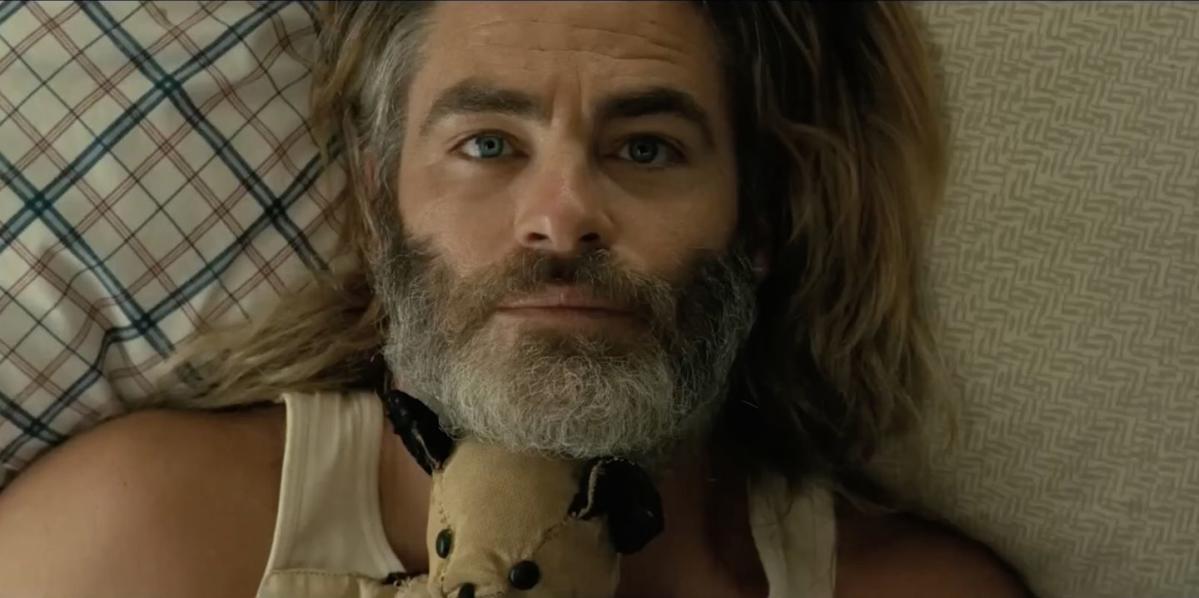One dead in protests in Kenya despite calls for a national strike

A man died on the sidelines of mass demonstrations by Kenyan youth against planned tax increases, police said on Friday. The demonstrators called for a national strike next week.
A police watchdog said it was investigating allegations that the man was shot by police following demonstrations in the capital Nairobi on Thursday.
The rallies were largely led by young Kenyans who followed the demonstrations via livestream. They began in Nairobi on Tuesday and then spread across the country. On Friday, protesters shared a placard calling for a national strike on June 25.
The protests are triggered by widespread dissatisfaction with President William Ruto’s economic policies, as many Kenyans are already struggling to make ends meet.
Demonstrations in Nairobi on Thursday were largely peaceful, but police used tear gas and water cannon throughout the day to disperse protesters near parliament.
The Independent Policing Oversight Authority (IPOA) said on Friday it had “documented the death” of a 29-year-old man, “allegedly caused by police gunfire.”
“The agency launched an investigation into the fatal shooting this morning,” the IPOA said in a statement, later adding that an autopsy would be conducted.
According to a Nairobi police report seen by AFP, a 29-year-old man was admitted to a hospital in central Nairobi at around 7pm (1600 GMT) on Thursday “unconscious with a thigh injury” before “succumbing to his injuries”. No further details were given.
Mathias Kinyoda, spokesperson for Amnesty International Kenya, told AFP that “a protester was shot yesterday in the CBD (central business district) while trying to flee from police.”
He said the shooter was “wearing civilian clothes but was accompanied by police” and called for an investigation into the death.
“We saw what happened,” a witness told AFP, describing how he was among the people gathered on the second floor of a building.
“We could see the police opening fire on the group gathered there,” the man said.
“It was a police officer wearing a baseball cap because he got out of a police vehicle after the shooting and ran back to it as the crowd dispersed.”
Late Thursday, several organizations, including Amnesty International Kenya, said at least 200 people had been injured in Nairobi.
The Kenyan Red Cross announced on X that eight people were in critical condition.
– ‘National Strike’ –
As news of the protester’s death spread online, protesters shared a poster calling for a national strike on June 25.
“Tuesday, June 25: #OccupyParliament and a total shutdown of Kenya. A national strike,” read one poster widely shared online. It also said: “Generation Z gives all hard-working Kenyans a day off. Parents, keep your children home in solidarity.”
The strike call followed demonstrations on Thursday that saw thousands gather across the country, from the Indian Ocean city of Mombasa to Ruto’s Rift Valley stronghold of Eldoret.
Following small demonstrations in Nairobi earlier this week, the cash-strapped government agreed to reverse several tax increases proposed in a new law.
But Ruto’s government still intends to raise some taxes, defending the proposed levies on the grounds that they are necessary to fill the state’s coffers and reduce dependence on foreign loans.
Following the decision to abolish taxes on bread purchases, car ownership, and financial and mobile phone services, the Finance Ministry warned of a deficit of 200 billion shillings (1.5 billion dollars).
The proposed taxes were expected to raise 346.7 billion shillings ($2.7 billion), equivalent to 1.9 percent of GDP, and reduce the budget deficit from 5.7 percent to 3.3 percent of GDP.
To fill the gap left by these changes, the government has now decided to increase fuel prices and export duties. However, critics say this move will make life even more expensive in a country struggling with high inflation.
Kenya has one of the most dynamic economies in East Africa, but a third of the country’s 51.5 million people live in poverty.
dyg-rbu/amu/ach



